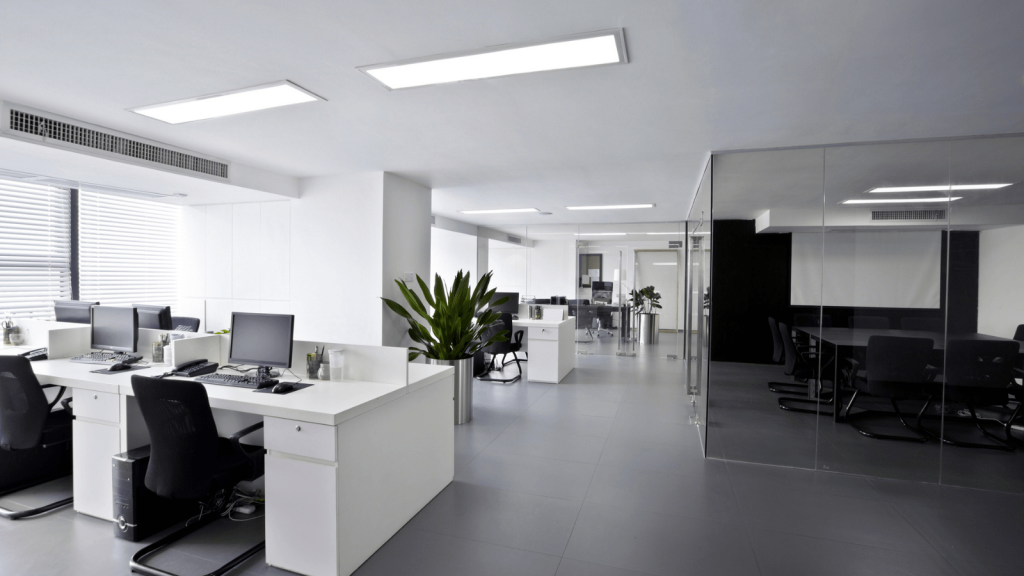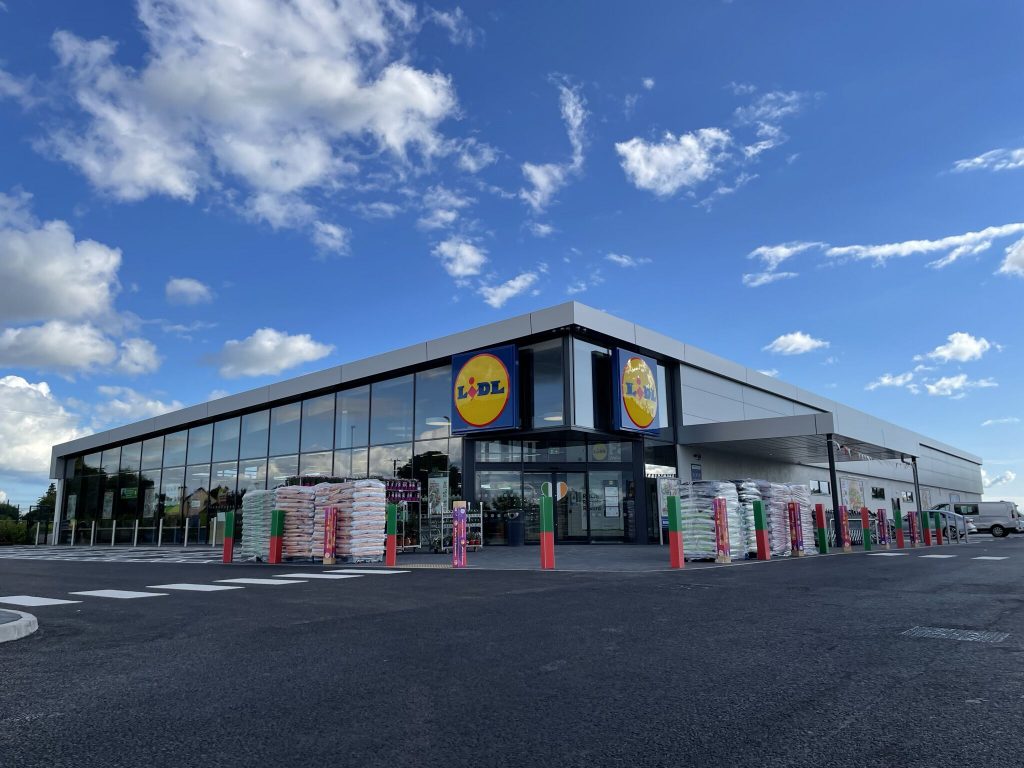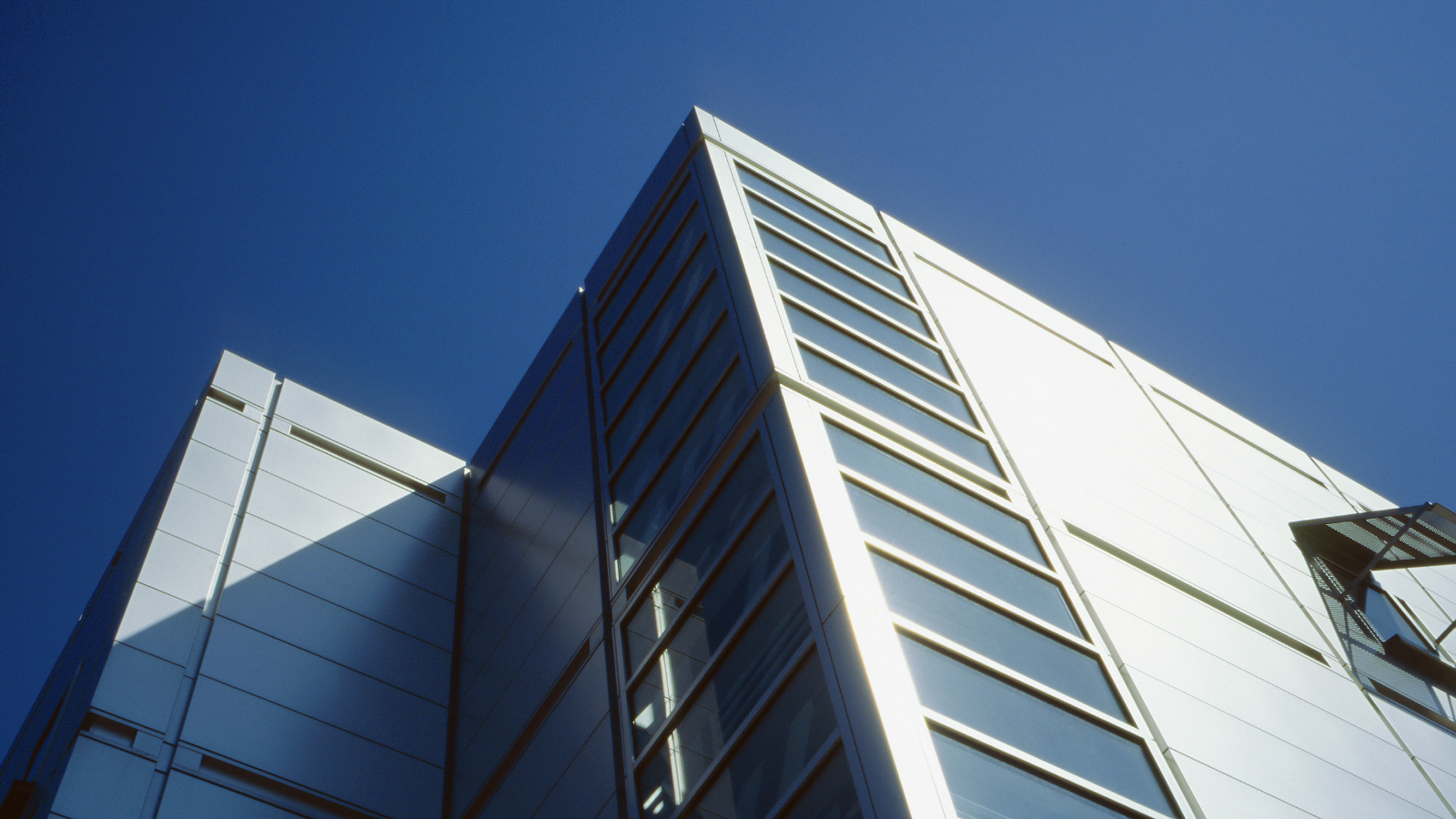In this article, we will explore the meaning of energy usage reduction, why it is so important, and how businesses can achieve it, as well as examine the benefits that can be derived from it.
What is Energy Usage Reduction?
Energy usage reduction is exactly what you would imagine it to be – using less energy to perform the same task. Homes and businesses often use more energy than they actually need due to inefficiencies in their energy management. Energy usage reduction is concerned with eliminating those inefficiencies and cutting out energy waste.
The Importance of Energy Usage Reduction
As we work toward the goal of net-zero emissions by the year 2050, more and more businesses are realising the importance of energy usage reduction.
It is no secret that we need to be doing more to relieve some of the strain we are currently placing on the environment. For instance, Irish emissions from power-generation and industrial companies rose by 15% in 2021.
Efforts from businesses to reduce their energy consumption will go a long way in safeguarding the environment and meeting the very necessary emissions targets.
Companies can reduce their carbon footprint by investing in energy-efficient upgrades such as:

Energy Performance Contracting (EPC)
The provision of energy services with assured savings is known as Energy Performance Contracting. It involves the contracting of an Energy Service Company to implement energy reduction measures that guarantee an agreed level of energy savings.
It is a pay for performance approach to increasing the energy efficiency of your business that generally offers beneficiaries the choice of two options:
- Simple – A contractual obligation that ties a portion of the payment to performance.
- Complex – Third parties assume all of the energy project’s performance and financial risk in exchange for future savings as an income stream.
Based on the simple business case of energy savings funding capital investment, this model delivers energy and maintenance efficiencies, while offering a performance guarantee and sharing of savings achieved.
EPC allows building owners and operators to concentrate on running their businesses knowing that a performance-based contract is optimising their energy and maintenance expenditure.
LED Lighting Upgrades
Many industrial and commercial businesses have recognised that energy costs are a significant concern in the day-to-day running of their businesses.
Traditional lighting sees businesses faced with the inevitable price rise from energy suppliers of 4-6% annually. These energy costs along with maintenance costs are continually draining business finances.
Upgrading to LED Lighting is a highly effective way for your business to reduce its energy consumption, lower its carbon footprint, and make significant cost savings. A full overhaul of your business’s lighting systems could result in lighting bill reductions of up to 80%.
In Ireland, the SEAI provides a number of grants to support companies investing in energy-efficient projects. Visit our website for more Energy Funding Solutions.

Renewable and Smart Technology Integrations
By choosing to invest in renewable integrations and smart technology upgrades, companies can open up a whole host of opportunities for energy reduction.
For instance, companies can incorporate PV Solar Energy into their energy management plan. PV solar panels generate electricity when exposed to light and thus, help businesses dilute their reliance on fossil fuels or other non-renewable sources, and make significant cost savings as well. Solar energy is a totally renewable energy source that never depletes.
Technology also has a major part to play in energy conservation. Huge advancements have been made in the capabilities of lights, HVACs, pumps, occupancy sensors, etc., to conserve electricity.
Here at Lawler Sustainability, we are also big advocates for Energy Management Systems. These are systems used by electricity grid operators to control and optimise the energy usage of devices such as HVAC, fans, pumps, lighting, etc. that are commonly found in larger buildings such as schools, hospitals, and factories.
5 Great Benefits of Energy Usage Reduction
As well as the environmental benefits of reducing energy consumption, there are a vast array of other rewards that make it a more than worthwhile venture.
1. Reduced Costs
We touched on this earlier in the article but one of the most obvious advantages of reducing your energy consumption is the cost savings to be made.
According to SEAI, the average SME could reduce its energy bill by up to 30% through the implementation of energy-efficient measures. While the initial costs may be high, the investments made to reduce energy will pay dividends in the long run. The savings made can then be reinvested into other areas of the business.
2. Enhanced Wellbeing & Productivity
Technology upgrades such as LED lighting, HVAC, and an Energy Management System will enable you to create a more comfortable working environment for staff. Being able to more effectively control the lighting and temperature in the office will help boost productivity and overall employee wellbeing.
Studies have also revealed links between poor temperature control, harsh office lighting, and low productivity, and even migraines!
Lastly, as more and more people are becoming more environmentally conscious, improving your building’s energy management is a more modern method of improving employee satisfaction.
3. Improved Brand Image
Making significant strides in sustainability and energy efficiency can help to boost a brand’s credibility.
Lidl, for example, has invested heavily in energy management systems, solar energy, green electricity sources, and more, and now tops the list of eco-friendly supermarkets.
It is also becoming an effective recruitment tool. More and more people are looking to join companies that are working hard to be environmentally friendly. In fact, in a 2021 report by Unily, 65% of respondents said that they are more likely to work for a company that has a robust environmental policy.

4. Reduced Risk
Global energy markets tend to be highly volatile and experience increasingly frequent price fluctuations. In 2022 we have experienced sharp price increases in electricity, gas, and fuel, due to various socio-economic factors.
These fluctuations can often be hard to accurately predict and consequently, can be extremely difficult to navigate for some businesses.
Systems and technology that effectively control your energy usage, and on-site energy sources such as solar panels, can help offset the impact of volatile energy markets.
5. Return on Investment
Energy Management Systems (EMS) in particular, often come with built-in cost-saving features such as emitting lower power during peak periods, offering revenue-generating programs, while also identifying if there are any possible energy leaks. These benefits alone will help you see an almost immediate return on investment after the initial installation cost of an EMS.
Whatever investments you decide to make to reduce your energy usage, it will not be long before you start to enjoy the benefits.
Together with our sister company, Lawler Consulting, Our mission at Lawler Sustainability is to make our buildings more energy-efficient, cost-effective to operate, and sustainable. If you are interested in our energy reduction solutions, please contact us here.
Follow us on LinkedIn to keep up to date with all of our latest developments and industry trends.

